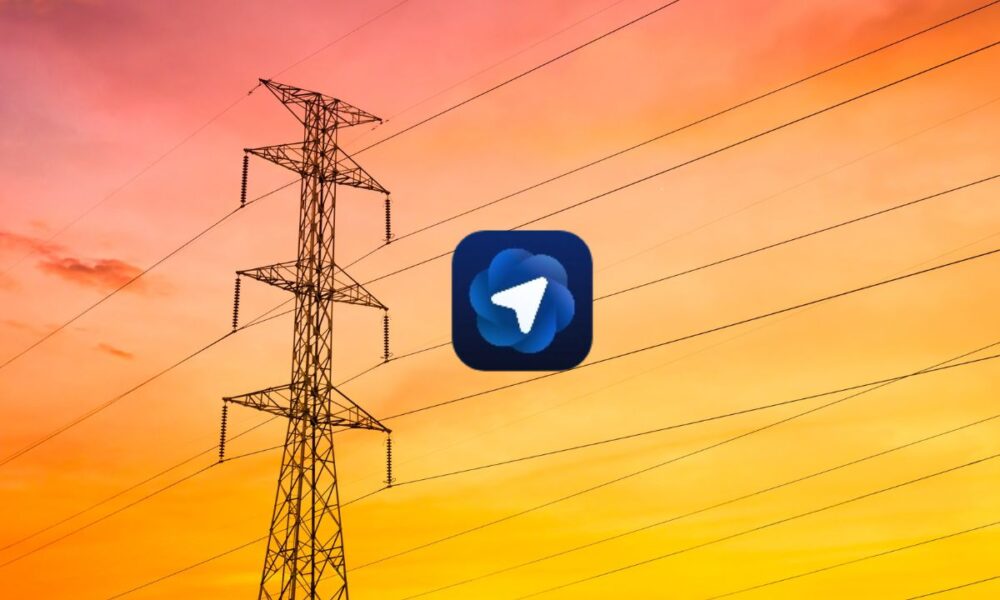The launch of ChatGPT Atlas on Tuesday marks Silicon Valley’s biggest challenge yet to Google’s decades-long dominance of the search engine market, but it may also deepen AI’s growing strain on the Texas power grid.
OpenAI’s new browser, unveiled on October 21, integrates artificial intelligence into web search, enabling users to navigate, summarize, and automate tasks across the internet.
Marketed in its press release as “a new web browser built with ChatGPT at its core,” Atlas represents Microsoft-backed OpenAI’s clearest move into a space long monopolized by Google.
The release follows a seismic 2024 federal ruling in which U.S. District Judge Amit Mehta concluded that “Google is a monopolist, and it has acted as one to maintain its monopoly,” per NPR.
The Justice Department’s lawyers argued that Google’s control over search— reportedly nearly 90% of all web queries—had stifled innovation and raised costs for advertisers.
The decision, which Google is appealing, comes amid growing federal scrutiny of Big Tech, including ongoing probes into Microsoft, Nvidia, and OpenAI’s roles in the artificial intelligence boom.
Atlas’s debut comes with major infrastructure implications in Texas, where OpenAI’s servers are hosted.
“ChatGPT is hosted on a Microsoft Azure data center in San Antonio, Texas,” running on more than 7,500 virtual machines to handle user prompts and API calls, according to a blog post from cybersecurity firm AGIO.
The San Antonio facility is part of a broader trend experts warn could drive up power and water costs across the state.
“The data center boom has brought massive AI and crypto operations to Texas, bringing both economic opportunity and challenges for managing energy demand,” reported the Texas Standard. The outlet noted that data centers’ energy use in Texas could triple within the decade, straining grids and leading utilities to raise rates on other consumers.
Texas energy prices increased from 14.84 cents to 15.49 cents per kilowatt-hour over the last year, lower than the national average but marking a steep incline, with analysts saying much of the increase is attributable to data centers, per Axios San Antonio.
Microsoft, which partially funds OpenAI, has long positioned its Bing search engine as a rival to Google, but no competitor has ever successfully broken the company’s grip on search. Past efforts from Yahoo, DuckDuckGo, Brave, and others have all faltered, leaving Google’s dominance largely intact.
Atlas could alter that dynamic by blending browsing, search, and conversational AI into a single experience moment for the web.
Google is already doing some of this through its AI Overview product; however, The Dallas Express previously reported this feature has been plagued with errors, including falsely accusing Motown singer Diana Ross of being arrested for cocaine possession.
Atlas’s dependence on Texas’s grid adds a new twist, as data-hungry AI models compete with millions of households for electricity in one of the nation’s most energy-stressed states.
Whether ChatGPT Atlas can challenge Google’s monopoly or simply deepen Texas’ power dilemma may now hinge as much on electrons as algorithms.


